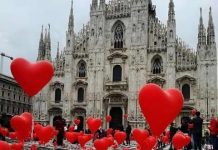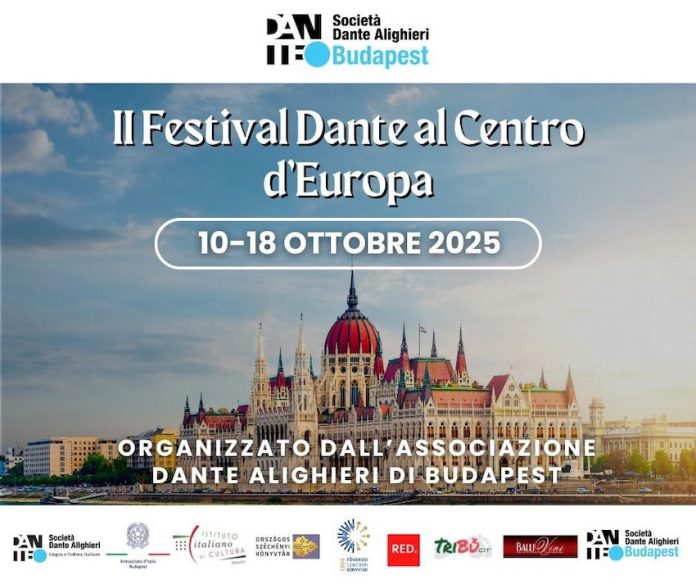Dante at the Heart of Europe Returned to Budapest: Italian Culture in the Spotlight
Edited by Anna Popper
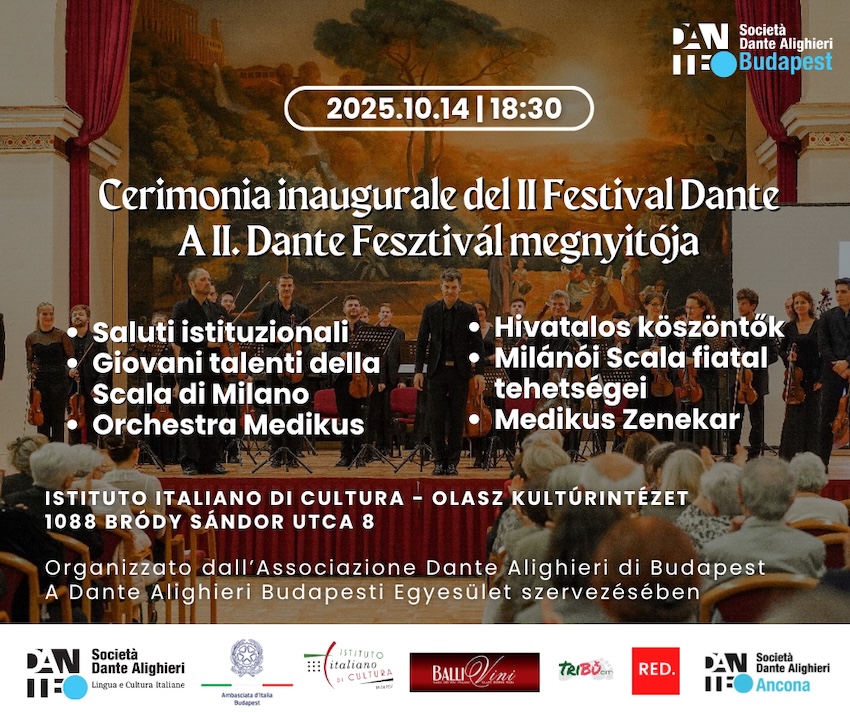
From 10 to 18 October 2025, the Hungarian capital once again transformed into a vibrant stage for Italian art, literature, and innovation as it hosted the second edition of the “Dante at the Heart of Europe” Festival, organised by the Dante Alighieri Association of Budapest.
The event reaffirmed its role as a cultural bridge between Italy and Hungary, uniting tradition and modernity in a week filled with readings, concerts, exhibitions, and immersive experiences for the public.
A Prestigious Opening Ceremony
The opening ceremony took place on 14 October 2025, in the beautiful Sala Verdi of the Italian Cultural Institute’s historic building in Budapest. This elegant hall, rich in architectural charm and history, provided a fitting setting for the celebration of Italian culture and was filled to capacity with guests and dignitaries.



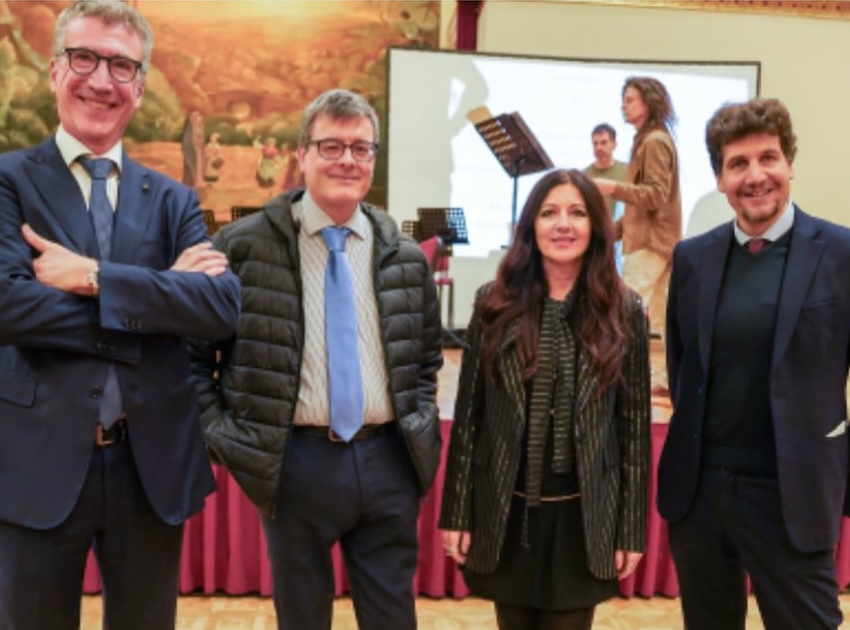
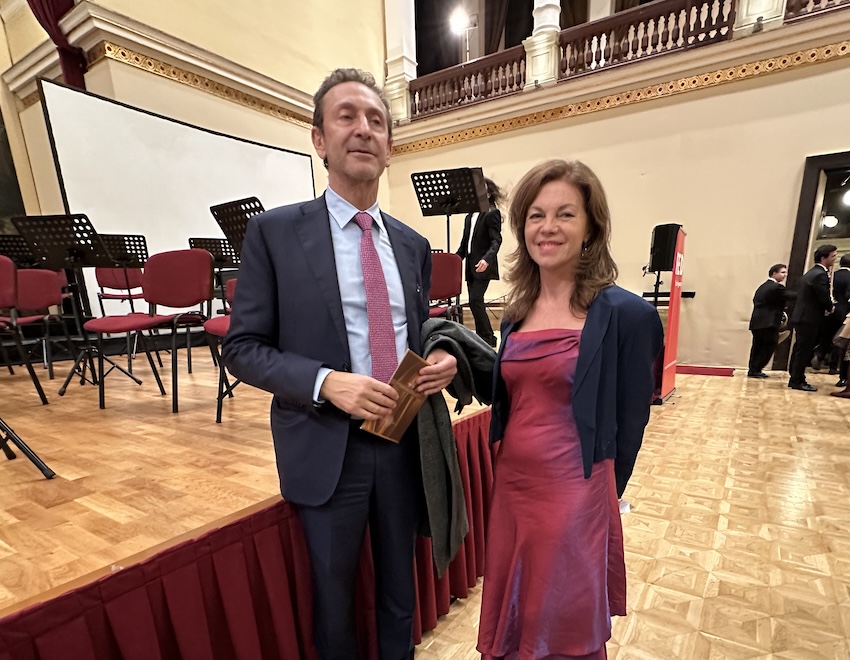
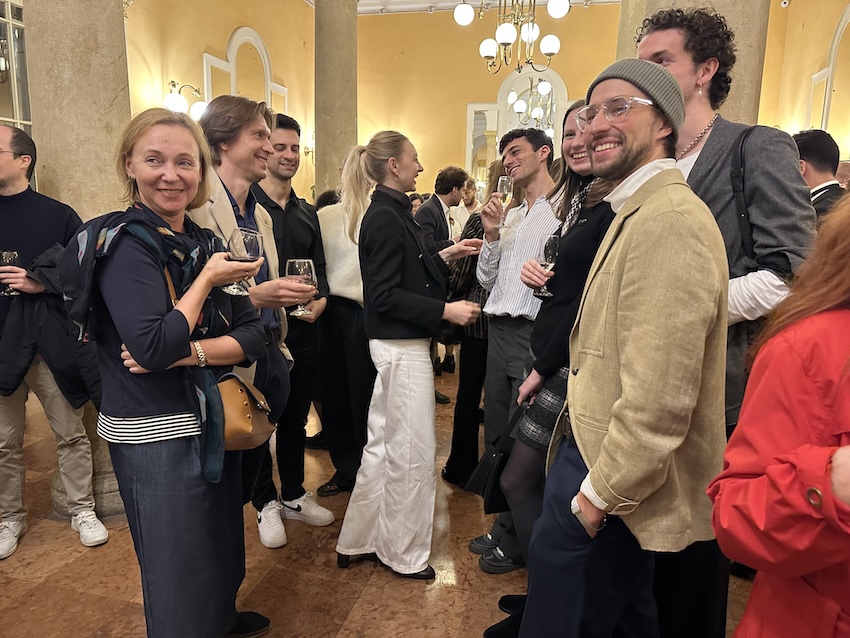
H.E. Giuseppe Scognamiglio, Ambassador of the Republic of Italy to Hungary, opened the evening with his institutional greetings. It was one of the very first public events of his tenure, marking a symbolic and inspiring beginning to his diplomatic mission in Hungary.
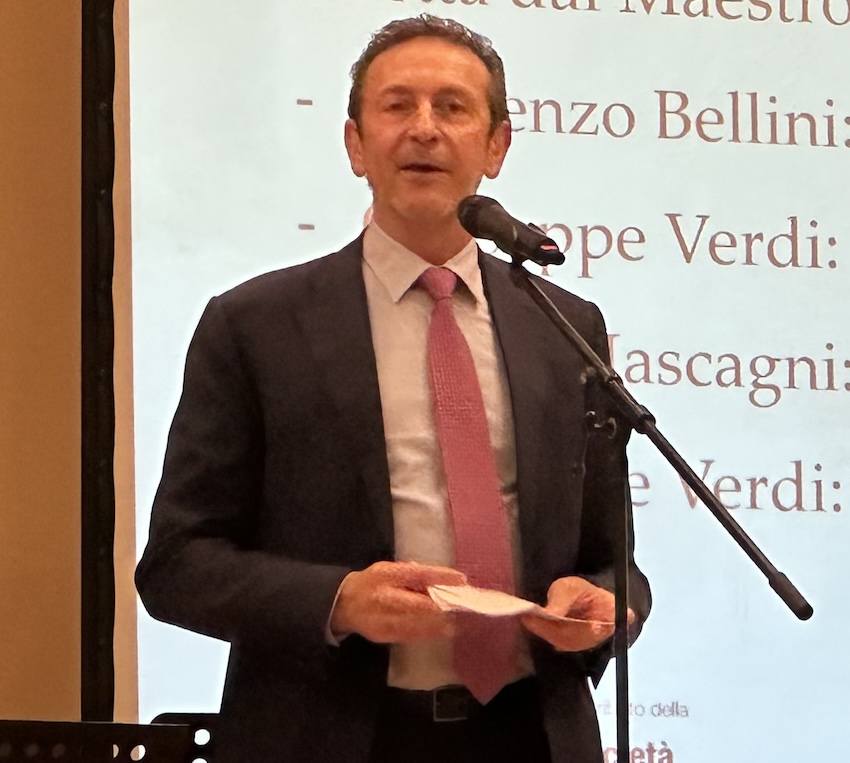
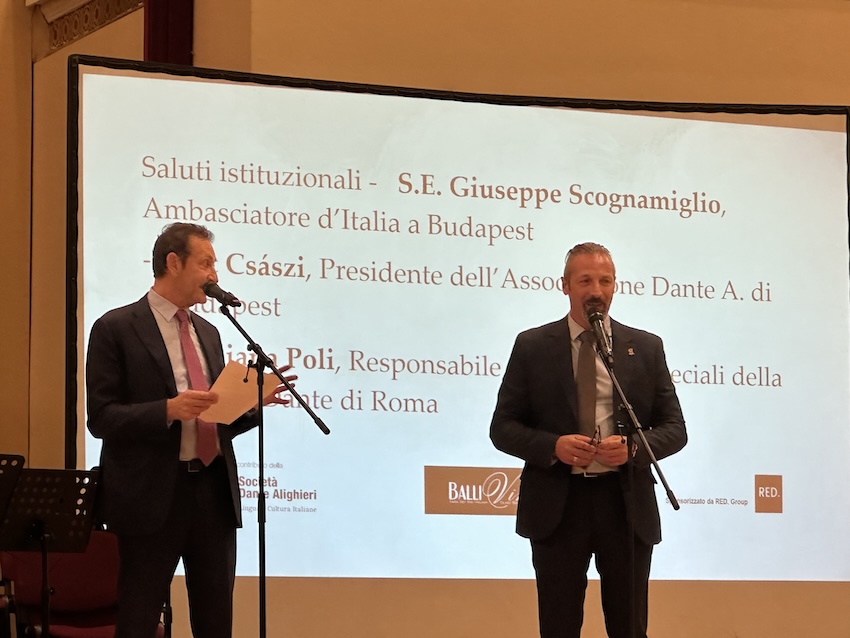
Ms. Edit Császi, President of the Dante Alighieri Association of Budapest, followed with heartfelt remarks emphasizing the importance of the Association’s role in promoting Italian and world culture, fostering exchange between Italy and Hungary, and spreading the Italian language through courses and various events related to Italy. “Vivi lo stile italiano!” (“Live the Italian style!”), she declared, highlighting the mission to preserve the legacy of Dante – the creator of the Italian language.
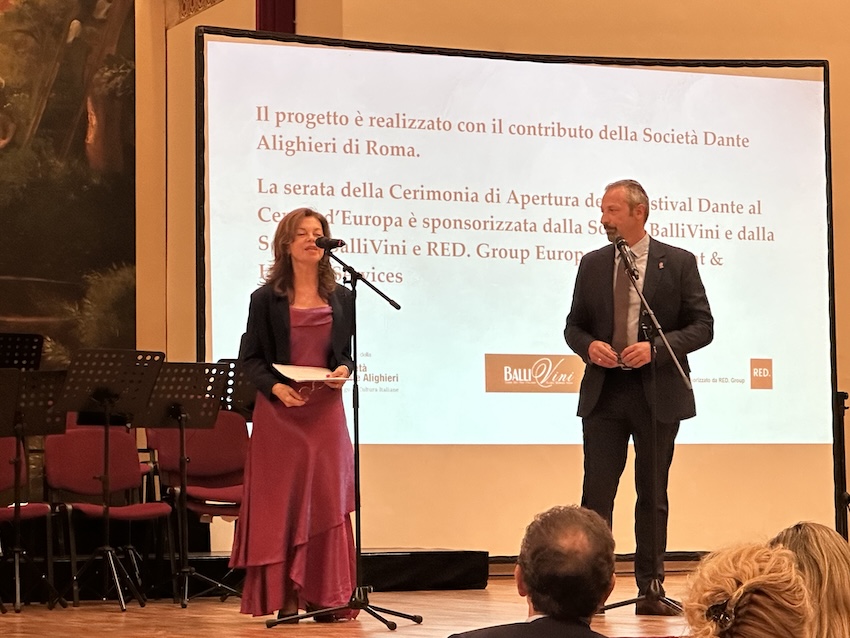
Ms. Giuliana Poli, Head of Special Projects at the Dante Society in Rome, expressed the Society’s strong commitment to international collaboration and to promoting the Italian language and culture throughout Europe and the world.
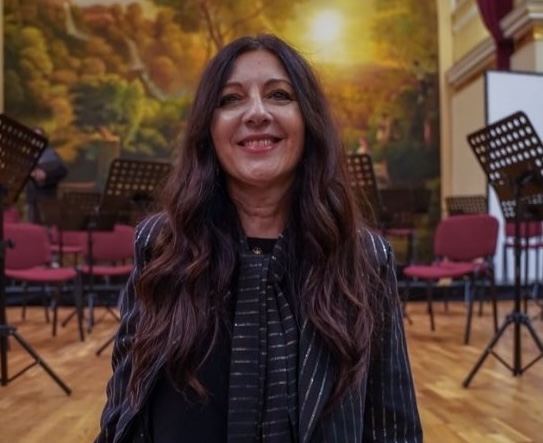
Literary Reading
The literary program featured readings from Oltre il male by Edith Bruck and Andrea Riccardi, performed by Simone Coloierà in Italian and Hungarian translations. The poignant texts, alternating between the two languages, created a moment of shared reflection between cultures.
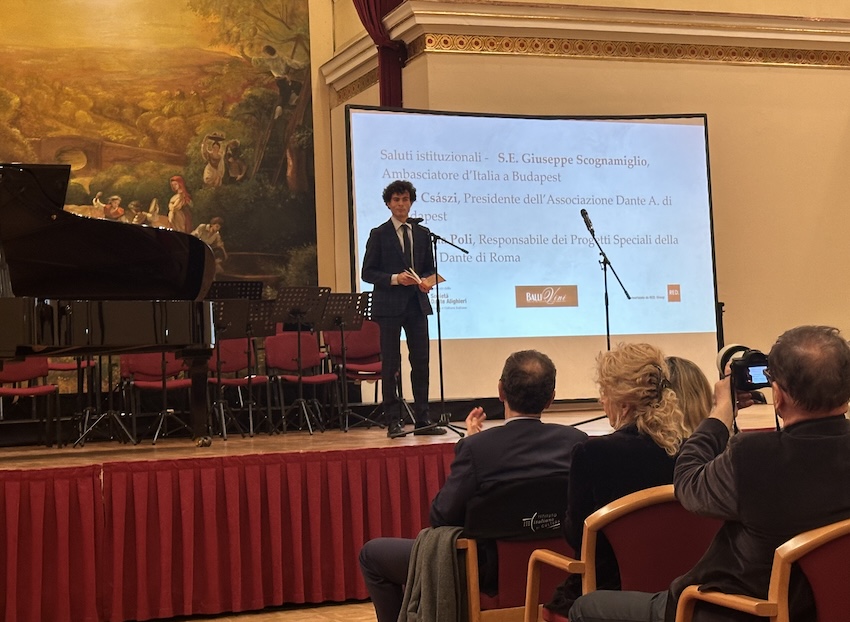
The Hungarian edition of the book had been launched a day earlier at the Szabó Ervin Metropolitan Library in Budapest.






Festive Concert of Italian Classics
The event continued with a captivating musical interlude by Mariapaola Di Carlo (soprano) and Cristobal Campos (tenor), soloists of the Accademia di Canto of Teatro alla Scala in Milan, accompanied by pianist Benjámin Urbán. Their interpretation of the final act from Puccini’s La Bohème filled the hall with emotion and garnered enthusiastic applause.
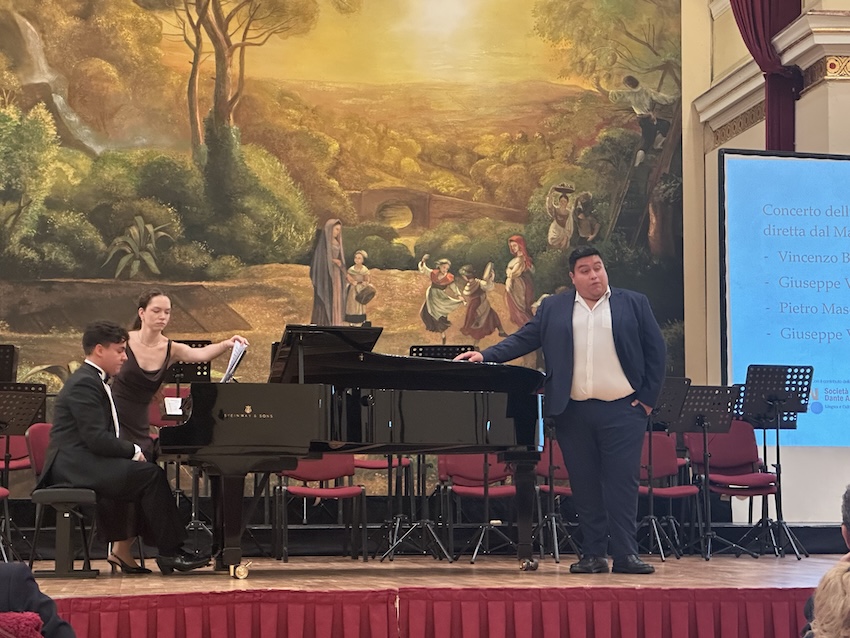
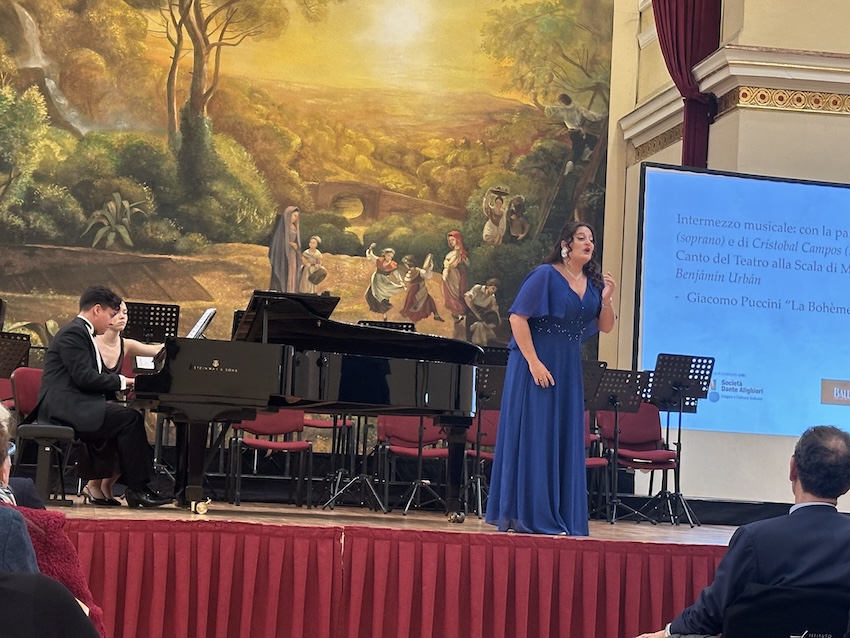
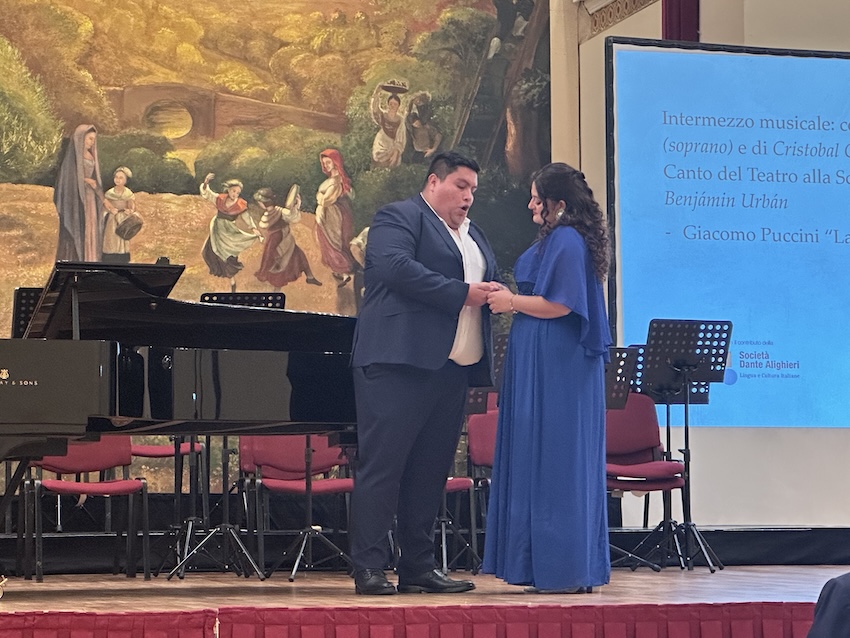
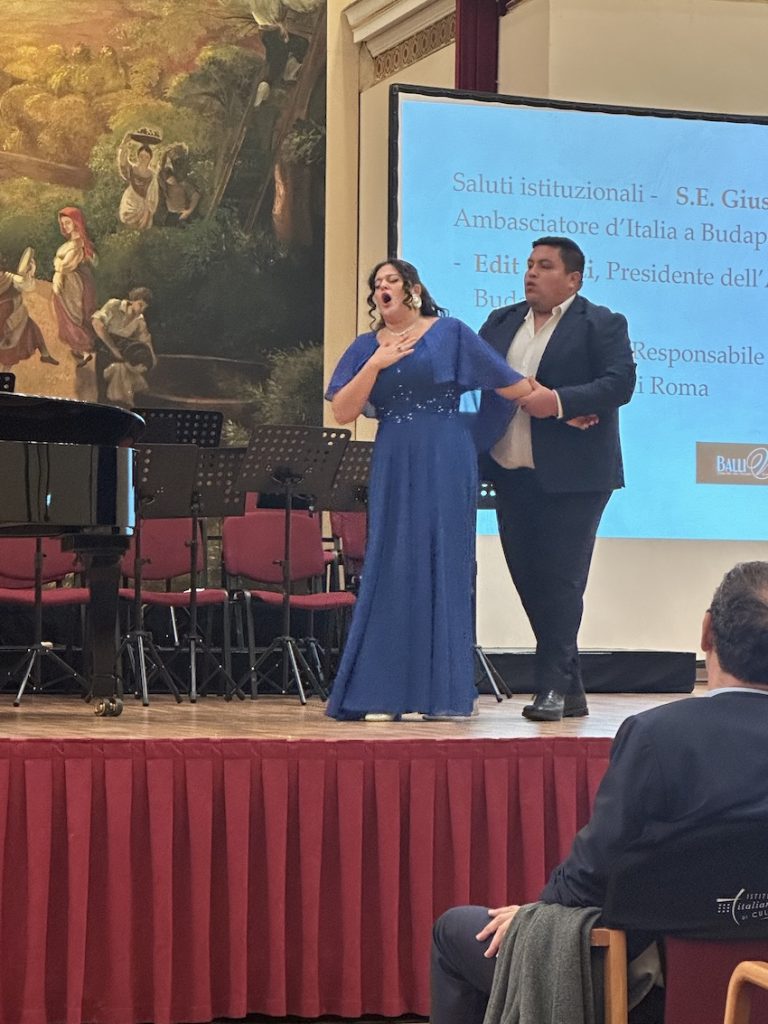
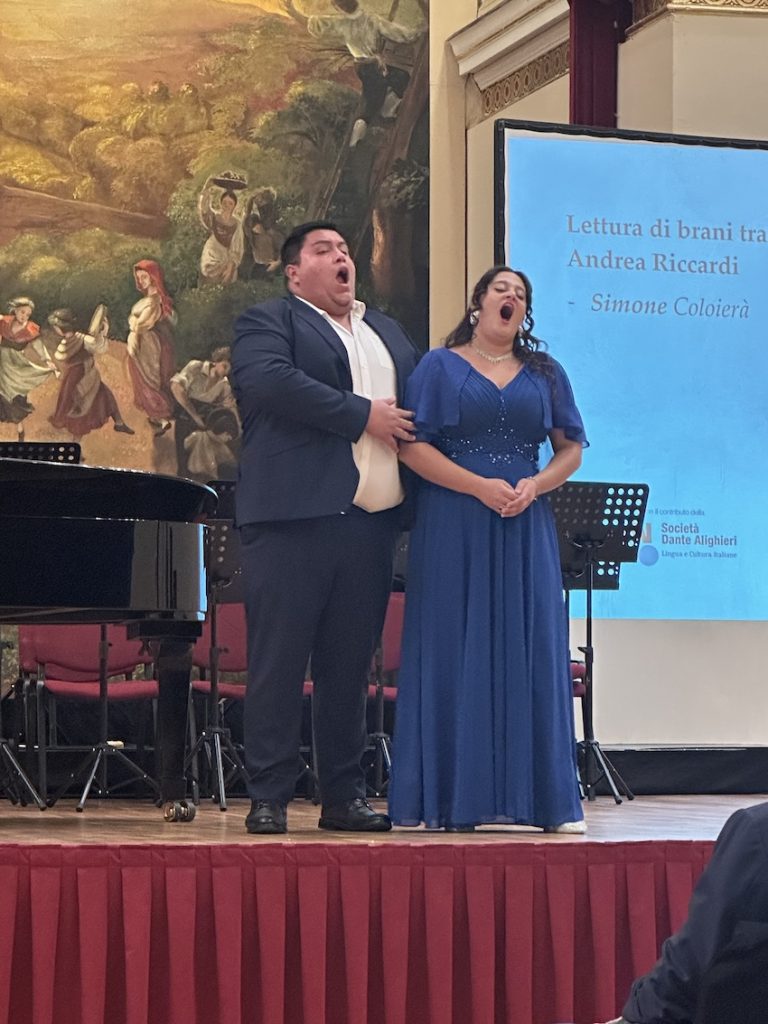
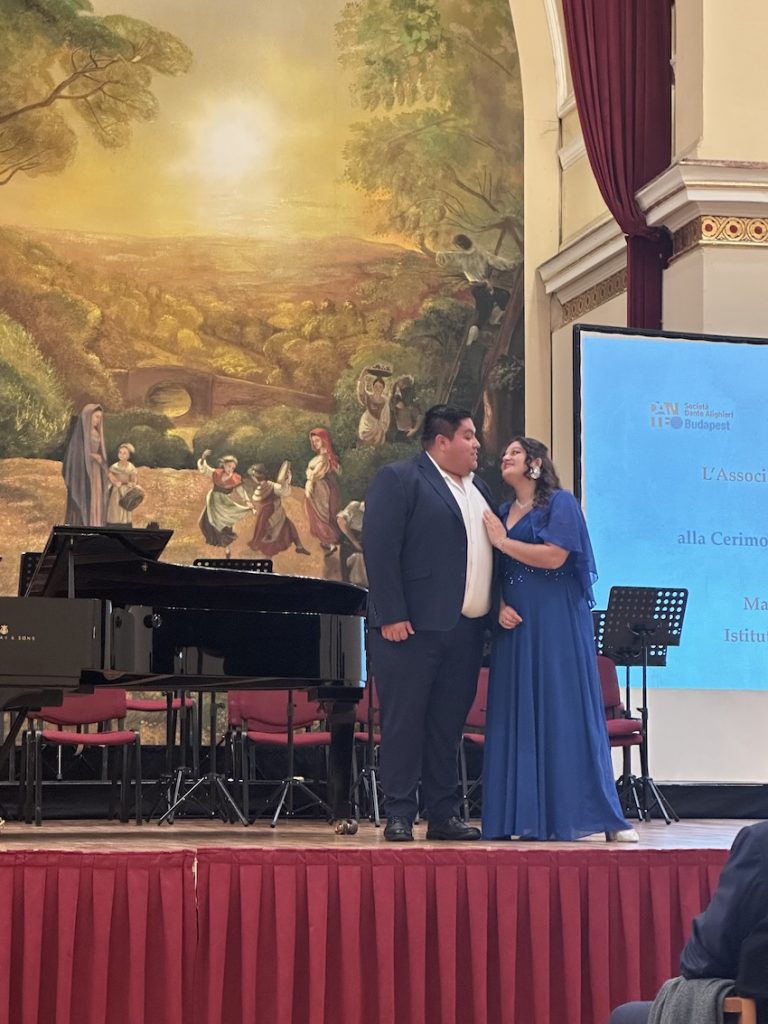
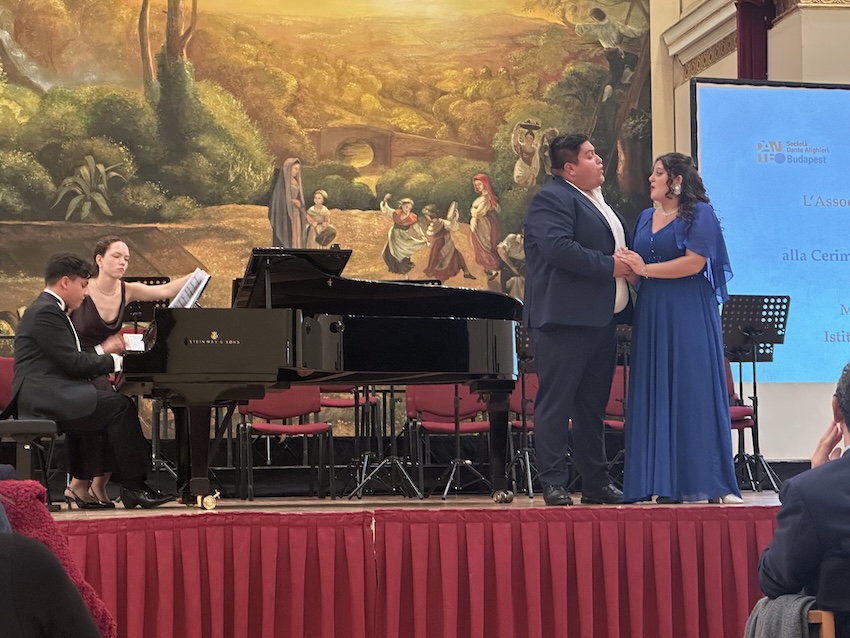
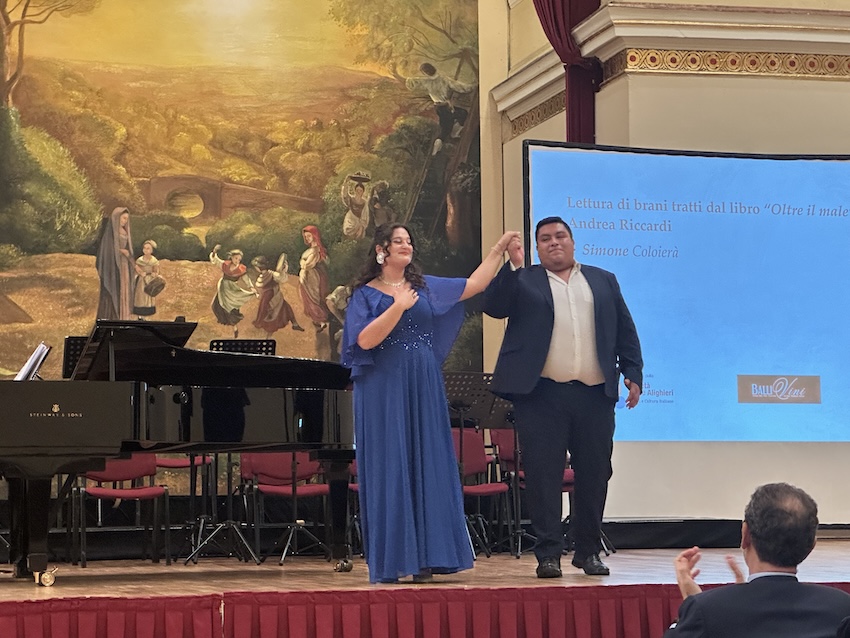
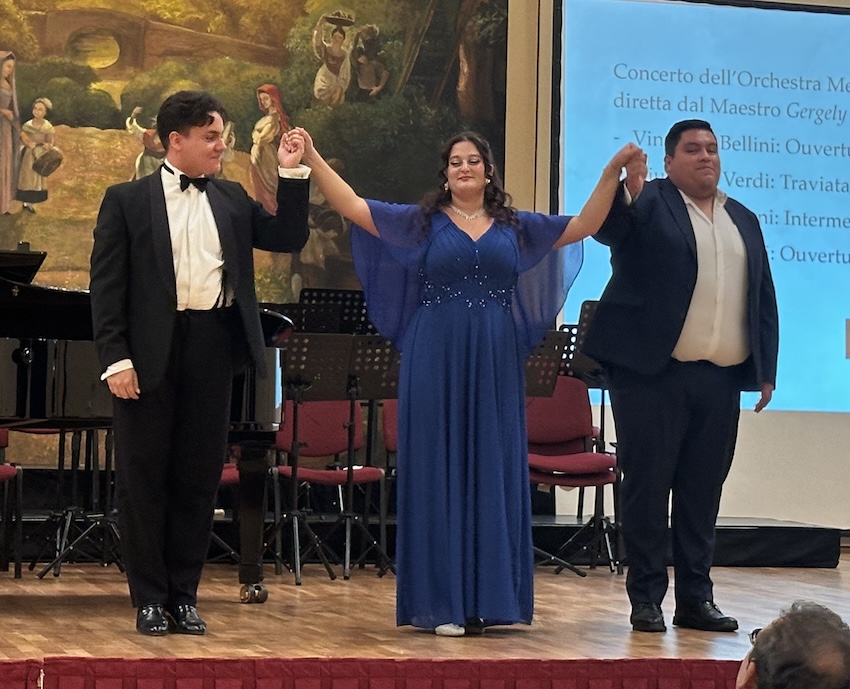
It was followed with a concert by the Medikus Orchestra of Semmelweis University of Medicine and Health Sciences Budapest, conducted by Maestro Gergely Dubóczky, Artistic Director, presenting a program of beloved Italian operatic works such as Bellini – Norma, Verdi – La Traviata and Nabucco, Mascagni – Intermezzo.






The event was realized with the support of the Dante Alighieri Society in Rome and sponsored by BalliVini and RED. Group Europe – Recruitment & Human Services.
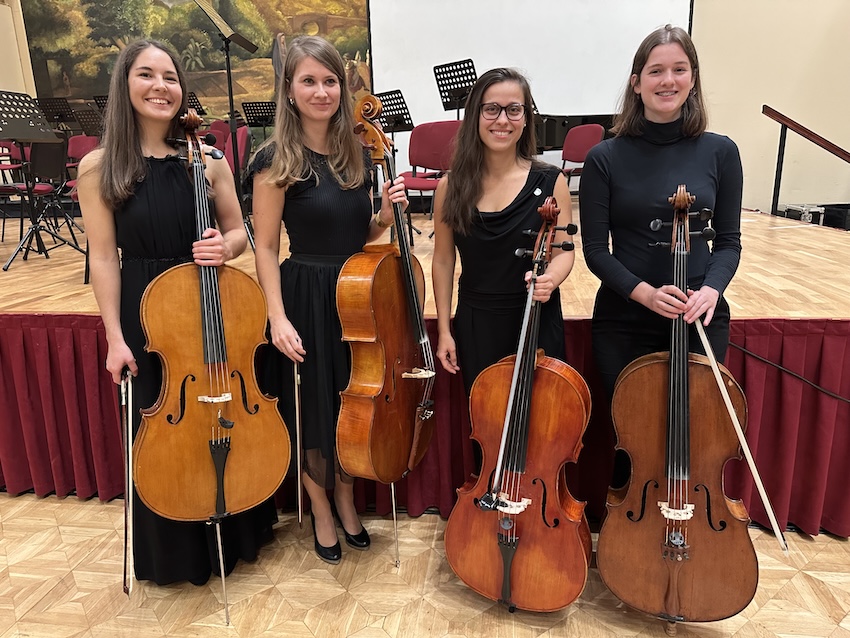
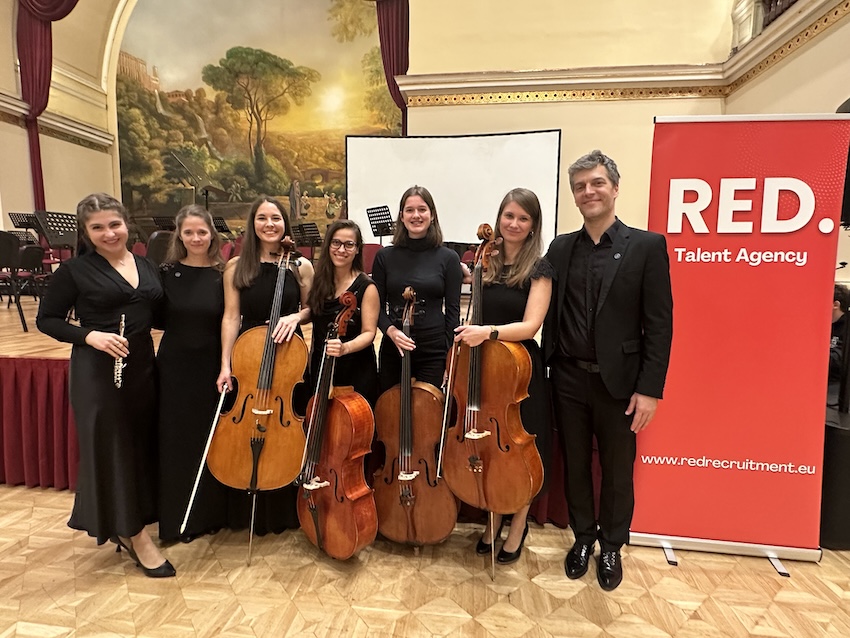
A Week of Culture and Innovation
Throughout the week, Budapest offered a diverse cultural program inspired by Italian creativity and Dante’s legacy: a reading evening dedicated to Alessandro Manzoni (1785-1873) at the National Széchényi Library, the International conference “Dante Today” at the National University of Public Service, and a Virtual Reality demonstration that reinterpreted Dante’s vision using immersive Italian technology.
The performance “Love and Hell – Dante, Petrarch, and Franz Liszt” was held in the Nádor Hall – an evocative dialogue between poetry and music.

A Cultural Bridge Between Italy and Hungary
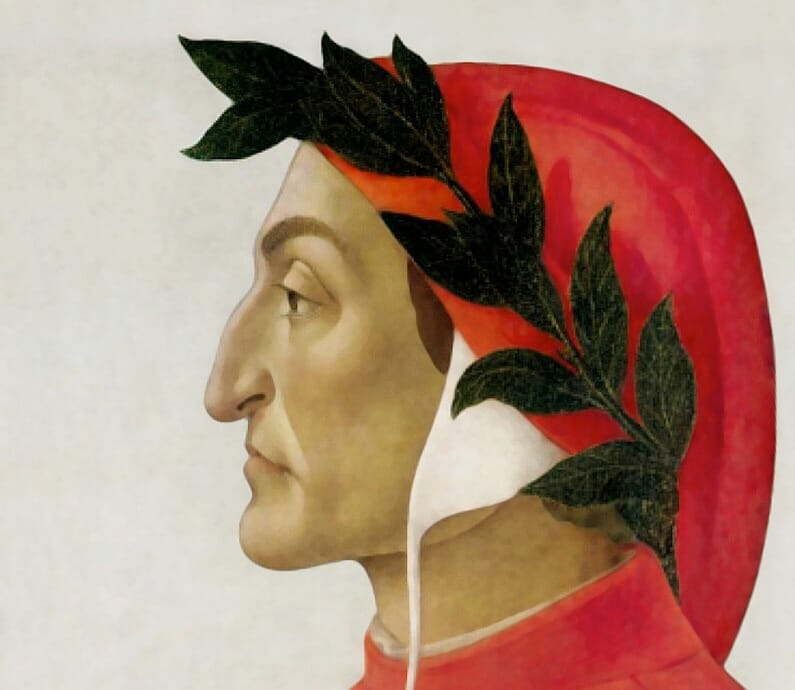
The festival not only celebrated Dante Alighieri’s timeless genius but also strengthened cultural and academic ties between Italy and Hungary.
By bringing together institutions, universities, artists, and young talents, it reaffirmed Budapest’s position as a European hub for creativity, dialogue, and inspiration.
The Dante Alighieri Society: A Global Network of Italian Culture
Founded in 1889 by a group of intellectuals led by Giosuè Alessandro Giuseppe Carducci (1835–1907) – an Italian poet, writer, literary critic, and teacher – the Società Dante Alighieri was created to promote the Italian language and culture worldwide. Considered the national poet of modern Italy, Carducci was a profoundly influential figure and, in 1906, became the first Italian to receive the Nobel Prize in Literature. Established as a public institution in 1893, the Society has since remained dedicated to fostering Italy’s linguistic and cultural heritage globally.
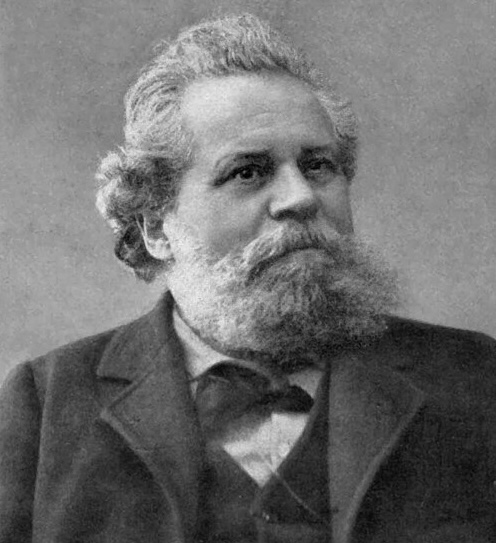

With 134,000 members in over 80 countries and a network of more than 500 committees, it connects Italians and international admirers who share a passion for Italy’s heritage, art, and way of life. Through its Dante.global platform, the Society offers language courses, teacher training, certification exams, and countless cultural initiatives.
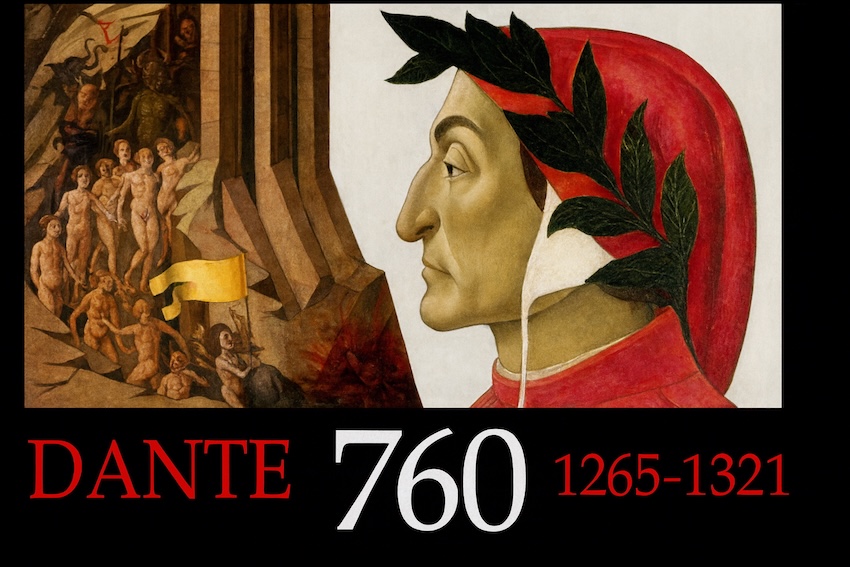
Celebrating Dante’s 760th Anniversary in 2025
A Lectura Dantis Honouring the Supreme Poet
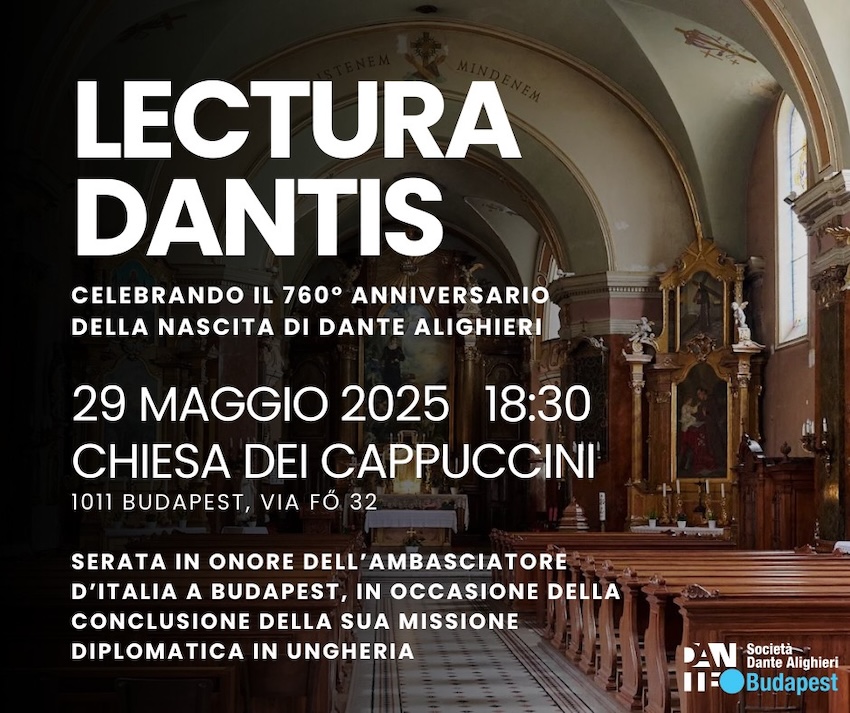
Earlier in the year, on 29 May 2025, the Capuchin Church of Budapest hosted a Lectura Dantis dedicated to the 760th anniversary of Dante Alighieri’s birth (1265–1321).
The event, organised by the Dante Alighieri Association of Budapest in collaboration with the Society’s headquarters in Rome, revived the ancient Florentine tradition – begun by Giovanni Boccaccio – of reading and commenting on the Divine Comedy.
The Lectura Dantis combined poetic recitation and scholarly commentary, allowing the audience to experience the beauty and complexity of Dante’s verse in a setting of deep reverence. It offered literature lovers a unique opportunity to celebrate the enduring legacy of the Supreme Poet and rediscover the universal resonance of his words.
The Lectura Dantis tradition remains one of the most deeply rooted and significant aspects of Italian literary criticism – scientific yet participatory, specialized yet educational. It consists of reading and interpreting all 100 cantos of Dante’s Divine Comedy, thus elucidating the poet’s vision and context. Over the centuries, the most important Dante scholars have participated in Lecturae held in major Città Dantesca such as Ravenna, Verona, Florence, Rome, and Bologna.
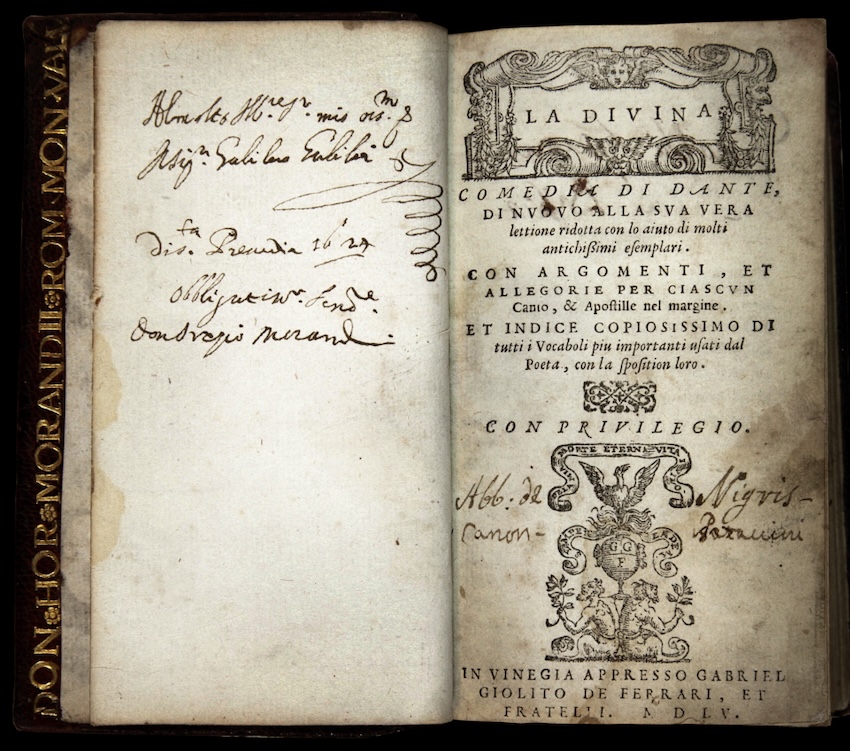
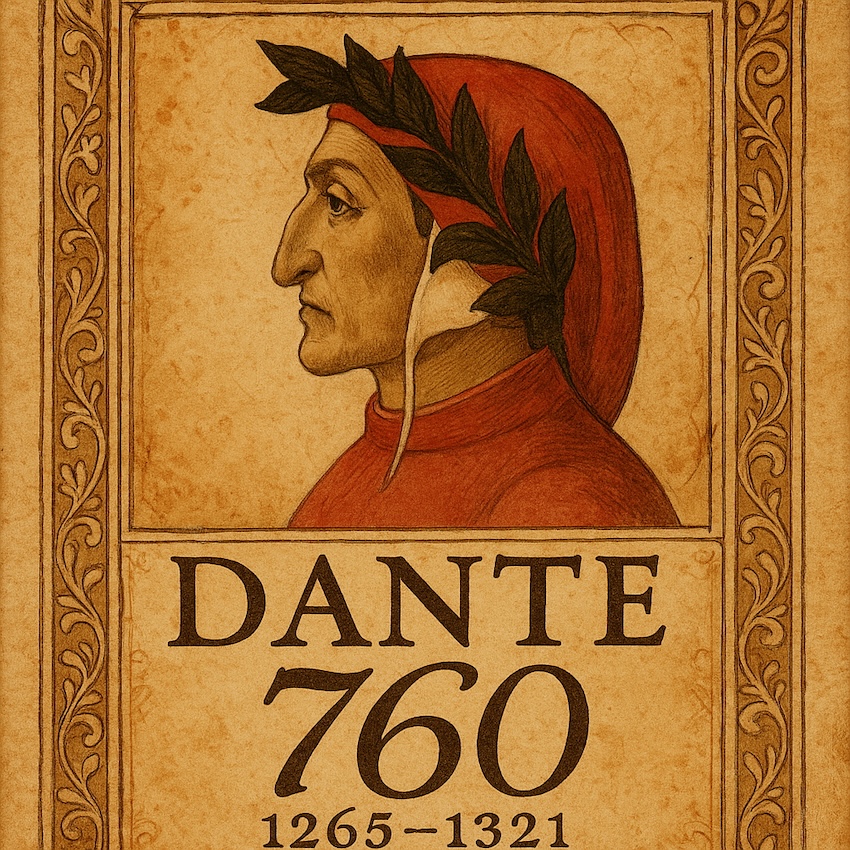
Following the Heart of a Man Who Turned Sorrow into Eternity
Dante once said that a single misstep can change the course of a life. And one day, he himself took such a step – into a political trap, among enemies, and into the harsh judgment of his own city. Exiled from Florence forever, Dante never returned.
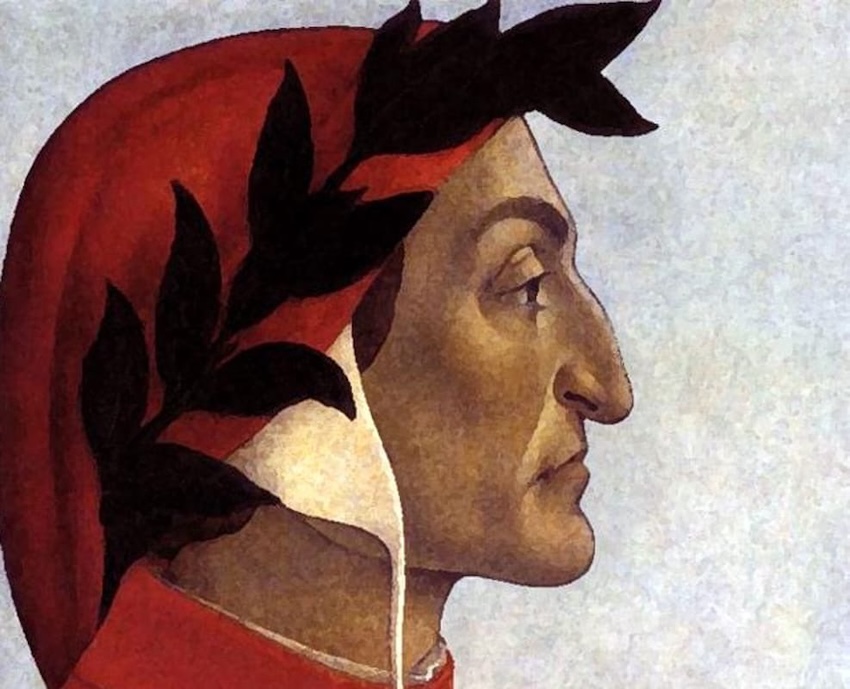
Dante Alighieri was born in 1265, orphaned at a young age, and grew up amidst the fierce conflicts of the Italian city-states. And amid that turmoil, he first saw Beatrice Portinari – he was only nine. A childlike love that never faded. As adults, they barely exchanged a word, yet she became the secret axis of his soul and later, in the Divine Comedy, his heavenly guide. Dante married another woman, had children, lived a dutiful life – but Beatrice remained the light inside him. When she died in 1290, his true wandering began. If life denied her to him, he would shape an afterlife in which he could follow her again.
Then Florence turned against him. In 1302, the Black Guelphs seized power and sentenced him to exile and to death should he ever return. Dante lost his city, his home, the sound of his children’s voices – even his books. In their judgment, they banished not only the man, but also the poet.
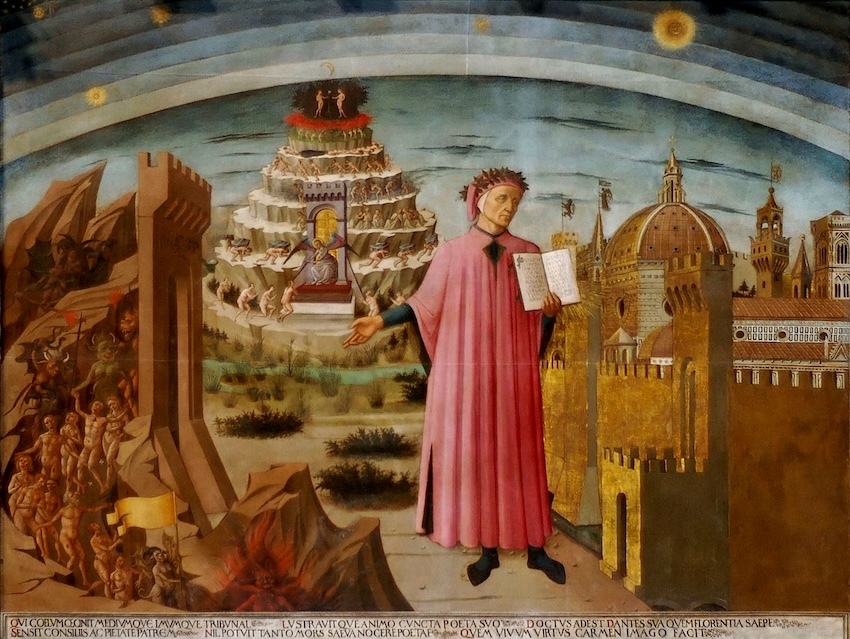
So, Dante wandered. From Verona to Ravenna, living on the mercy of patrons, he travelled with little more than a satchel of pages and the pain of all he had lost. And in that darkness, he wrote the Divina Commedia – a journey through Hell, Purgatory, and Paradise, not as theology but as the human path from despair to understanding. His quiet message endures: even when one has lost the path, the road back remains. Every line reflects his belief that true homeland is not a territory on a map, but a condition of the soul.
He spent a lifetime seeking home – his city, his love, his people – and lost them all. So, instead, he wrote about an afterlife, for this world no longer offered him refuge.
Dante died in 1321 in Ravenna, the city kept him, there he rests. Florence had rejected him in life and begged for him only in death. Florence built an empty tomb – a monument of apology carved in stone.
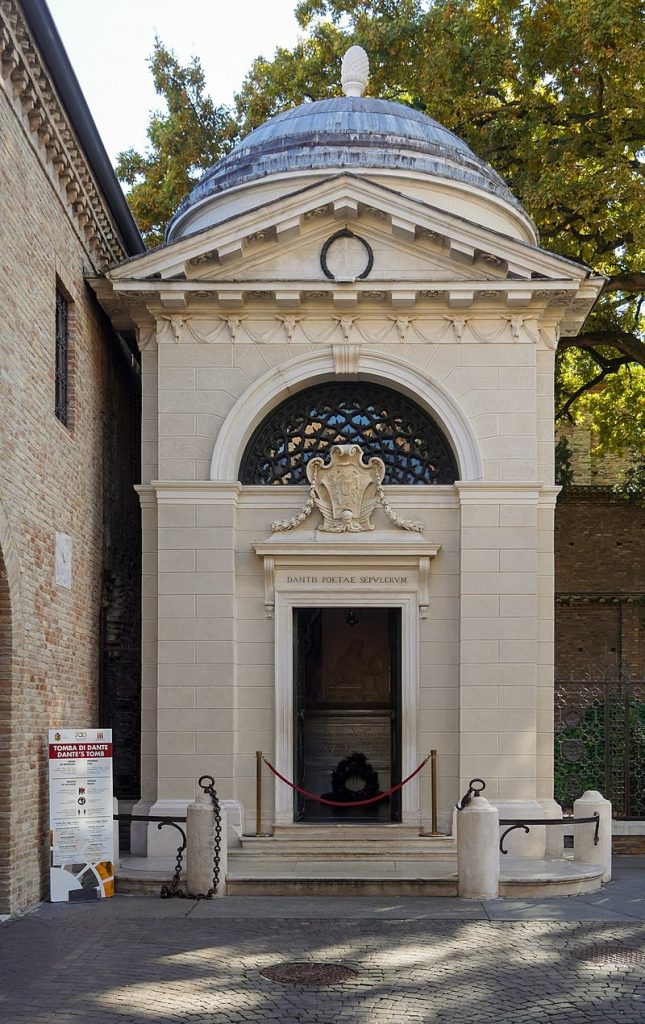
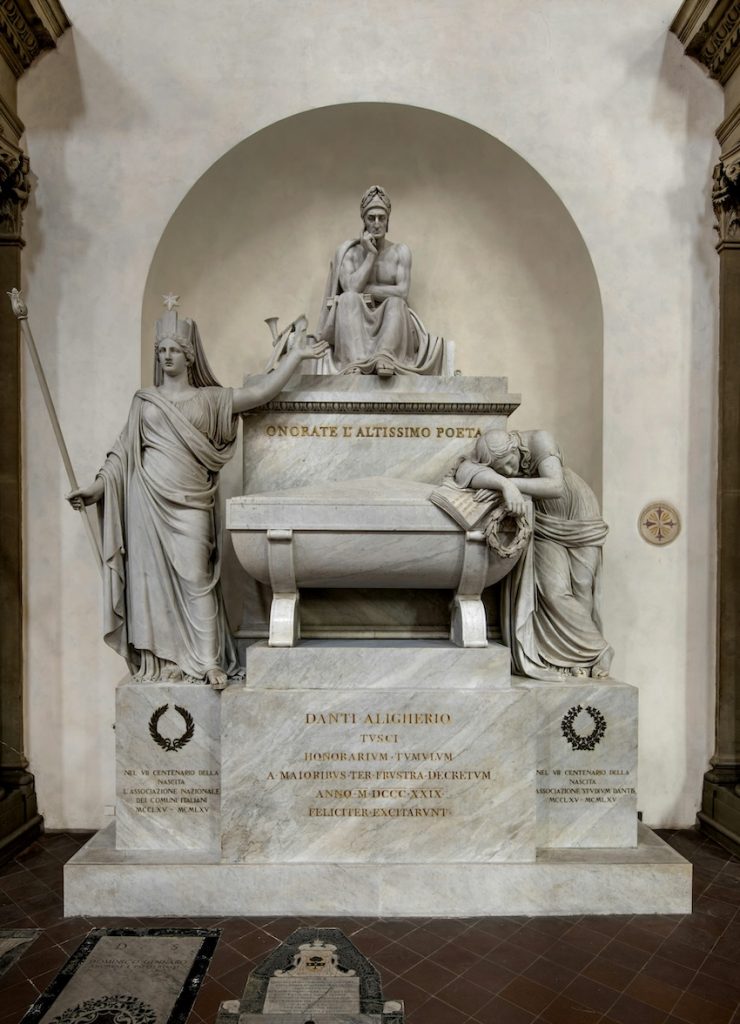
And ever since, the world has followed his path through darkness to light – guided by a poet who carried Beatrice in his heart until the very end.
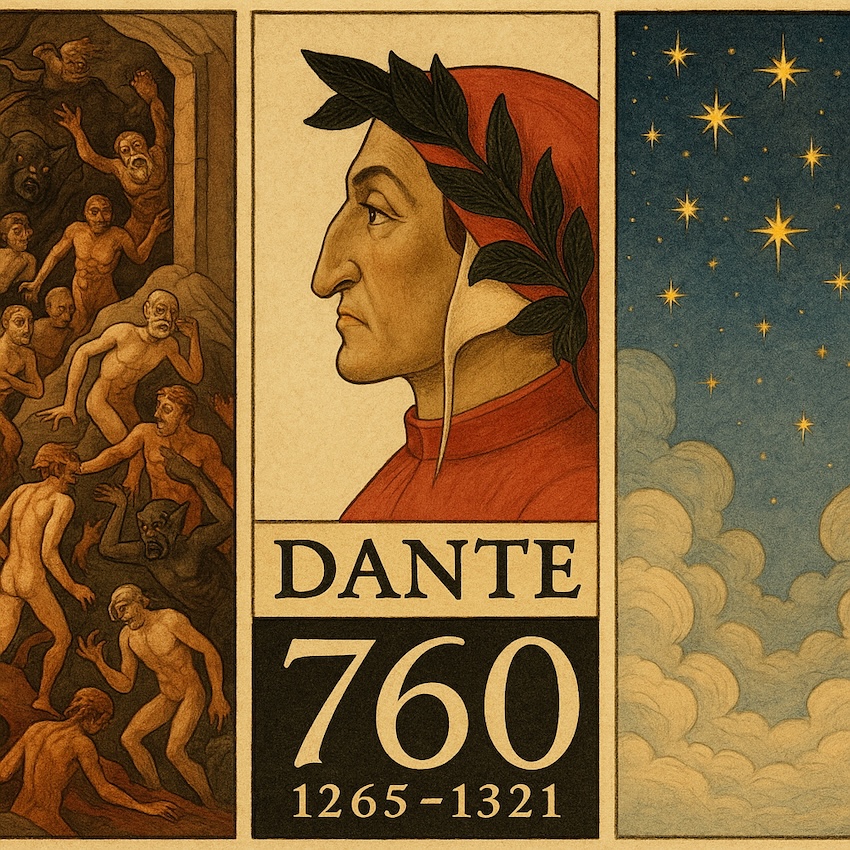
Sources: Dante Alighieri Association of Budapest, Italian Institute of Culture in Budapest (IIC)
Photos from the Dante Alighieri Association of Budapest


